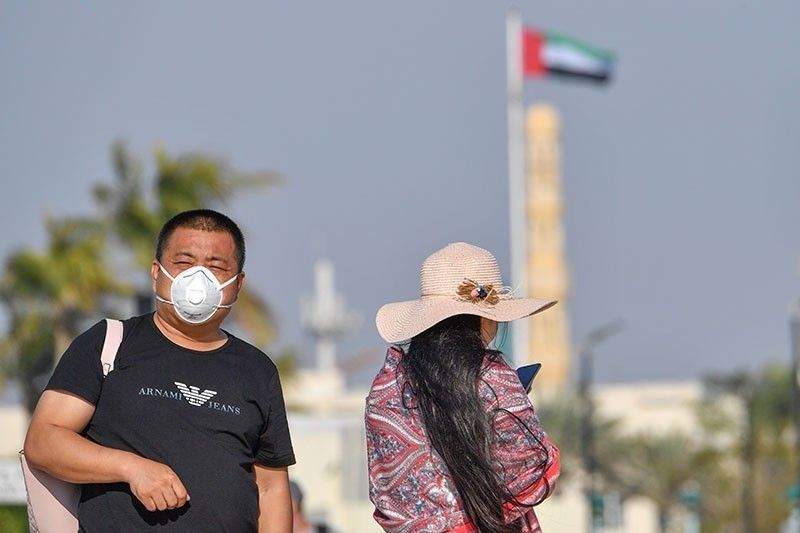Be less romantic on Valentine’s Day – DOH

ANGELES CITY , Philippines – Imagine having a Valentine’s Day date outdoors, with masked lovers maintaining their distance and holding hands rubbed with 70 percent alcohol, exchanging carefully sanitized gifts and flowers.?
The unromantic dating scenario, however, is dictated by the worldwide threat posed by the coronavirus disease-2019 (COVID-19).
Dr. Jesse Fantone, epidemiologist of the Department of Health (DOH) in Central Luzon, said lovers must discipline themselves more on Valentine’s Day as a measure against the spread of COVID-19 – formerly known as the 2019-nCoV – that originated from Wuhan City in China.
Fantone advocated Valentine’s Day “outdoor dating” in uncrowded places, in accordance with the DOH advisory calling for “social distancing” amid the virus threat.
“Seriously, if you really want to go out on Valentine’s Day, probably not to crowded areas like concerts,” Fantone told The STAR.?He said lovers should also be honest with each other about their travel history and, if the travel was recently in China or other places affected by COVID-19 and whether a 14-day quarantine period had been observed without falling ill.?Yesterday, the New York Post quoted a Hong Kong expert who said that the COVID-19 epidemic could spread to about two-thirds of the world’s population if the virus is not controlled.
Gabriel Leung, chair of public health medicine at Hong Kong University, said he was examining the implications of the World Health Organization (WHO)’s warning on Monday that cases of coronavirus spreading outside of China are the “tip of the iceberg.”
The WHO has said that while wearing a medical mask can help limit the spread of some respiratory diseases, it is not enough to stop all infections.
The UN public health agency said that the best precautions include washing hands frequently, trying not to touch your face, avoiding crowded places and trying to maintain a meter distance from other people.?The WHO has advised face mask use only for those with respiratory symptoms such as coughing or sneezing, mild coronavirus-like symptoms, or are caring for someone suspected of having a coronavirus infection.
- Latest
- Trending






























